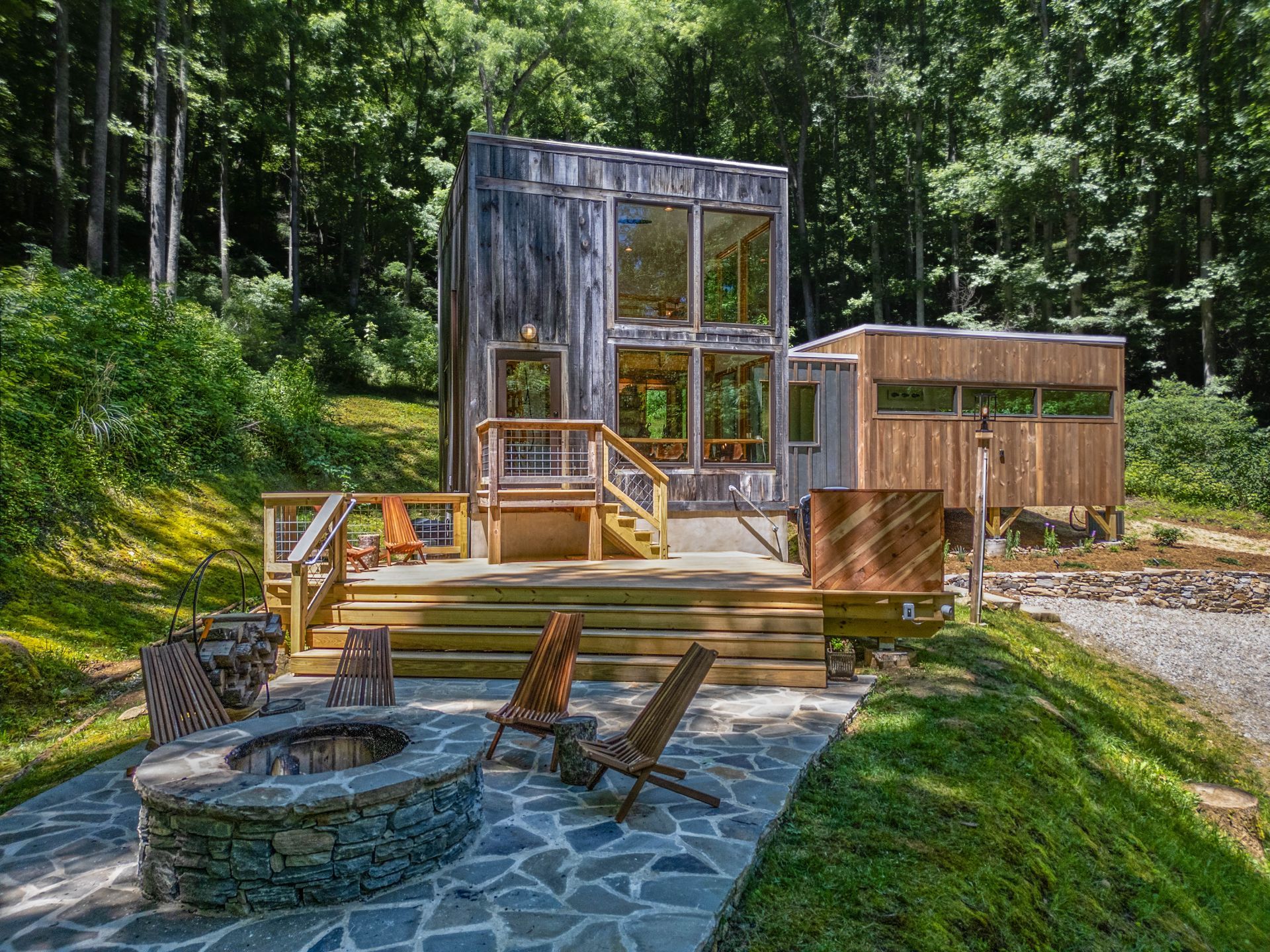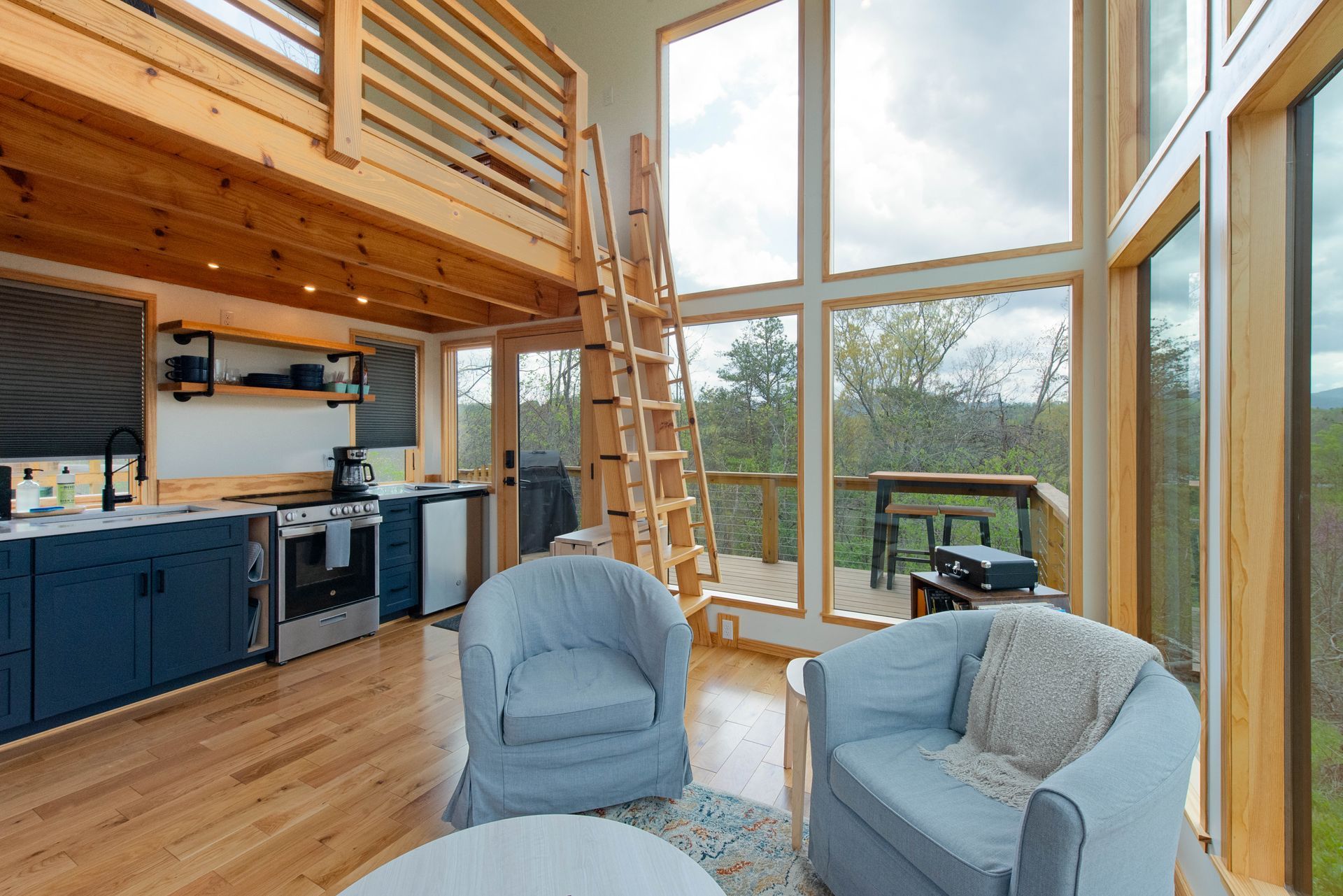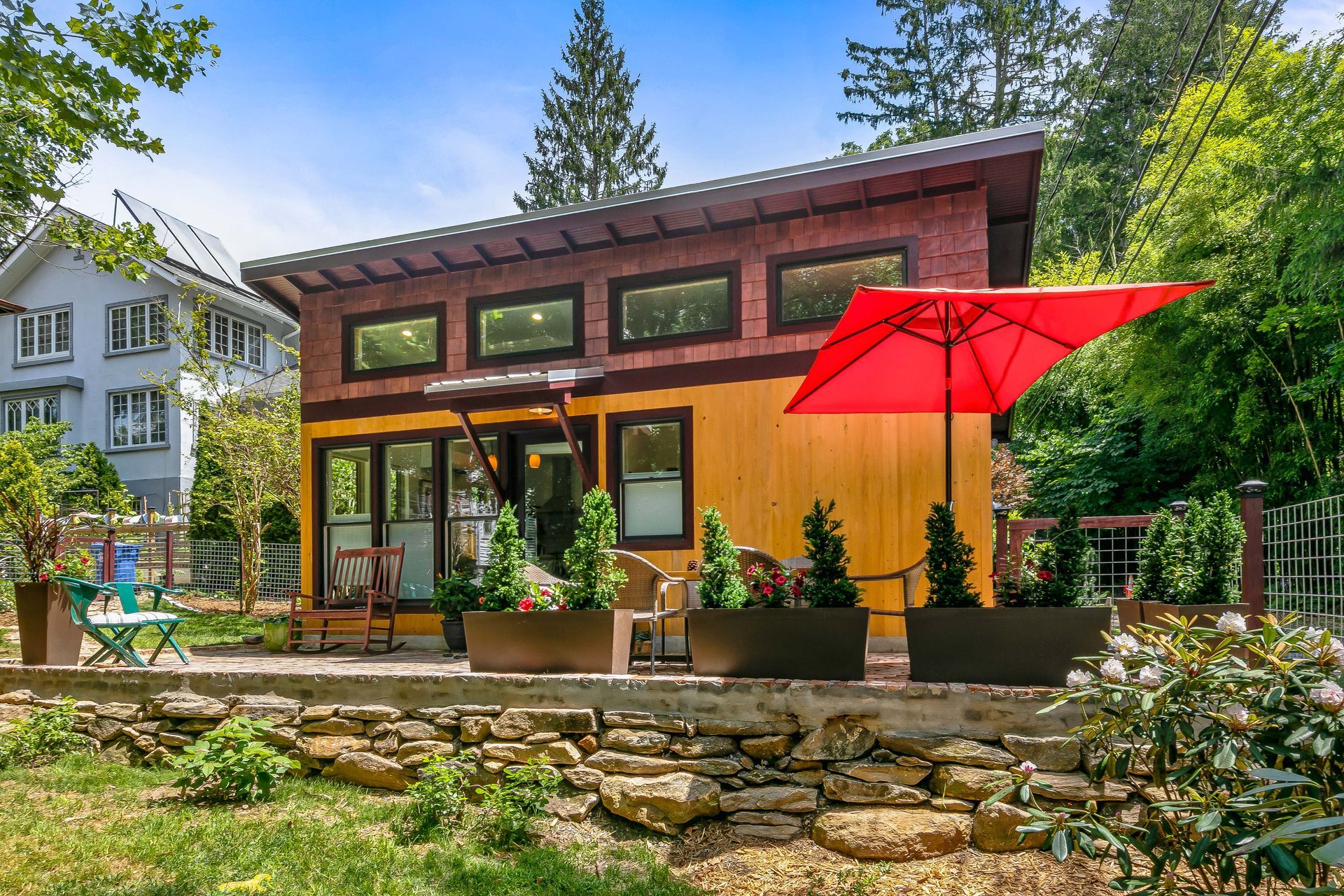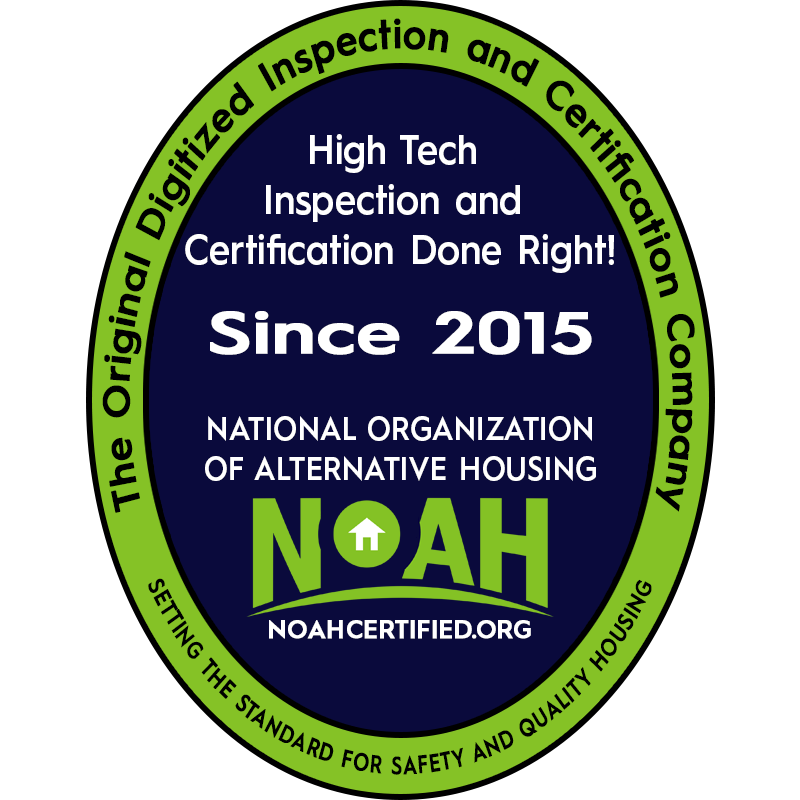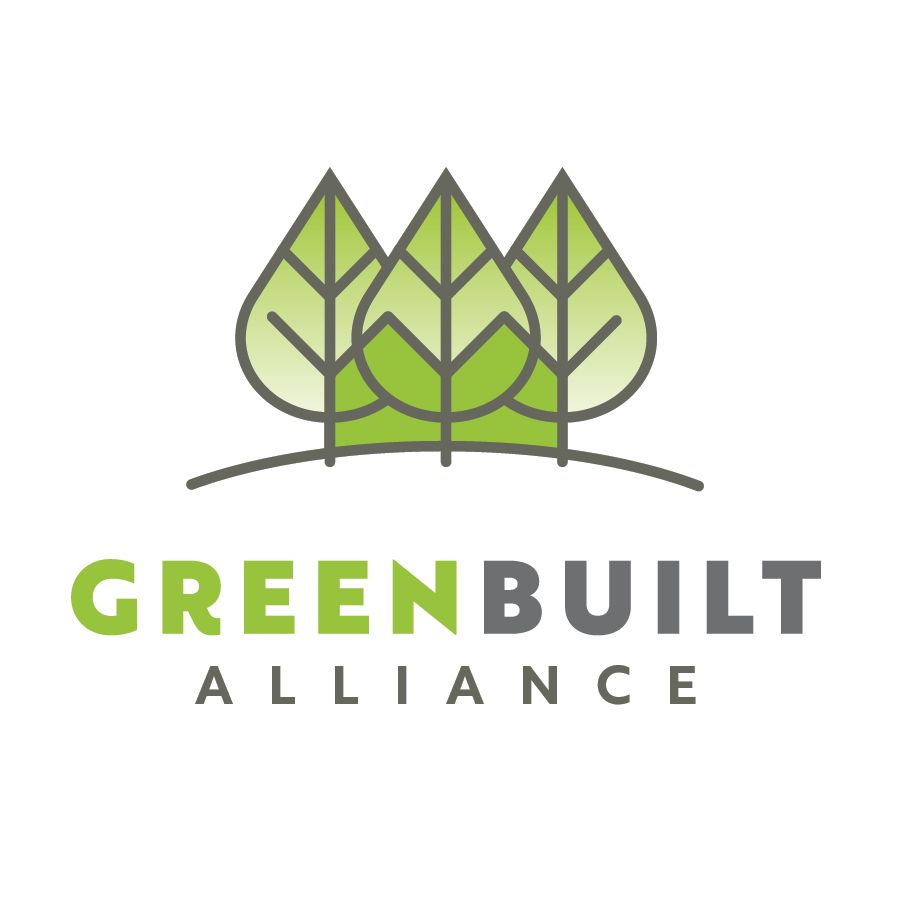How to Affordably Build Your Dream Tiny House in North Carolina
Building a custom tiny house in North Carolina offers a unique chance to design a home that meets individual needs without overwhelming costs. Tiny homes are trending for a good reason—they’re affordable, sustainable, and full of creative design possibilities. This guide explores practical tips to help future tiny homeowners achieve their dream home on a budget without compromising quality or style.
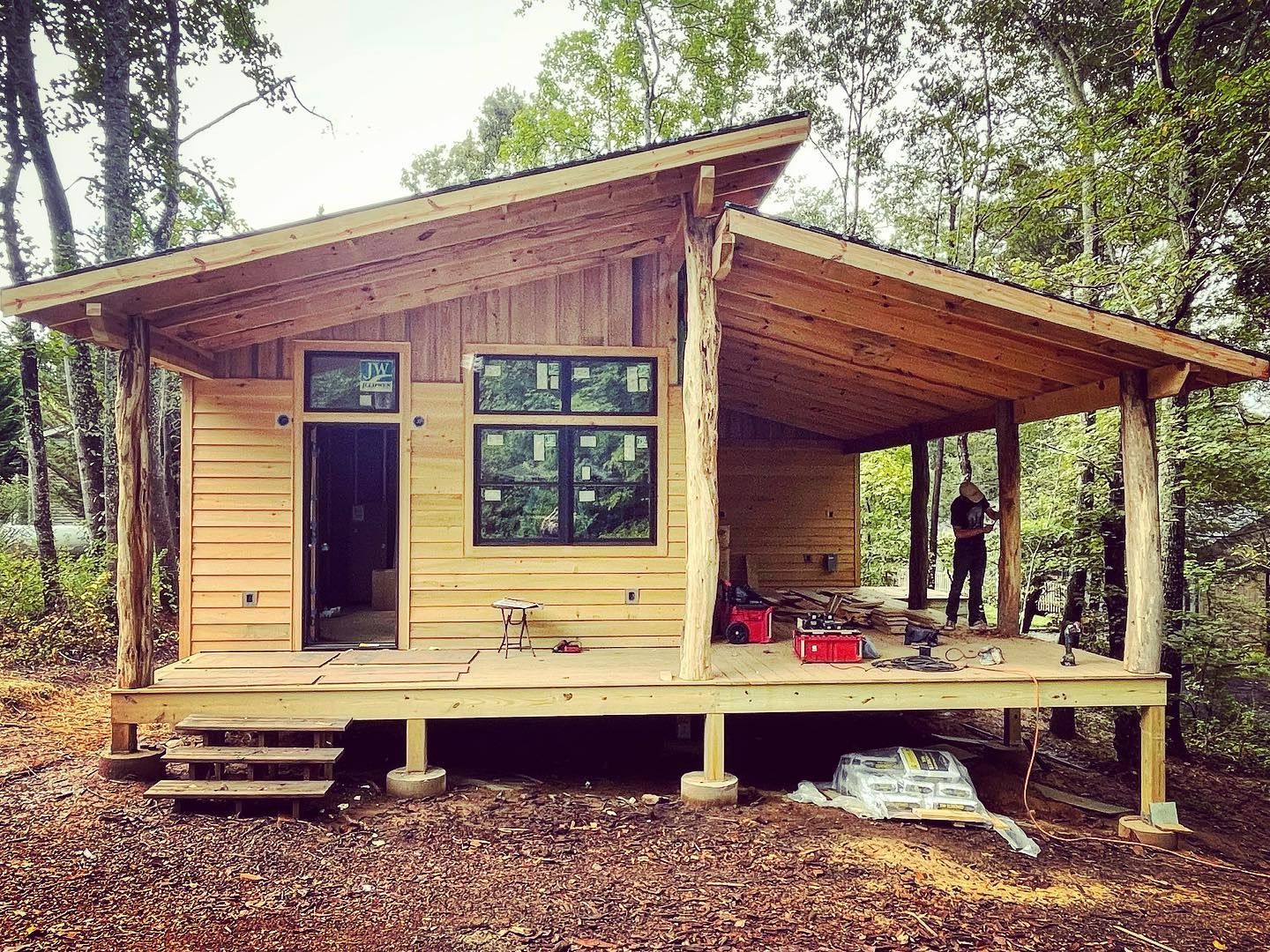
1. Set a Realistic Budget
Creating a custom tiny house starts with a realistic budget that accounts for every detail, from materials to labor. By planning costs meticulously, homeowners avoid surprises and stay on track. Here are some innovative budgeting options:
- Detailed Planning Tools: Use digital budgeting apps or spreadsheets for tiny homes, breaking down costs by category.
- Value Engineering: Consider which aspects of the home matter most and allocate funds to essentials like energy efficiency, sound insulation, and quality windows. Saving on these items can lead to higher utility costs later while investing here can reduce expenses over time.
- Secondhand Finds: Consider browsing for pre-owned or discounted items at salvage stores, Habitat for Humanity ReStores, and local marketplaces. Cabinets, fixtures, and appliances are often accessible to source at a fraction of retail cost.
2. Choose Affordable, Durable Materials
The materials used in a tiny home impact the structure's budget and lifespan. Choosing wisely allows for a beautiful finish without blowing the budget. Here are some cost-effective and durable options:
- Reclaimed Wood: This eco-friendly option saves on cost and brings character and history to a tiny home. Reclaimed wood can be used for flooring, walls, or even countertops.
- Insulated Metal Panels: These panels are durable and energy-efficient, reducing the need for extra insulation while keeping the home’s interior comfortable.
- Alternative Roofing Materials: Consider affordable metal roofing for durability and easy installation. Metal roofs are also recyclable, which can appeal to eco-conscious homeowners.
- Eco-Friendly Paints and Finishes: Use non-toxic, low-VOC paint and stains to enhance the look of your tiny house and improve air quality. Buying these in bulk can lower costs, primarily through suppliers offering builder discounts.
3. DIY vs. Hiring a Pro
With a tiny home, taking on DIY tasks can cut costs significantly. However, particular areas should always be left to licensed professionals to ensure safety and efficiency. Here’s a breakdown of what’s feasible as DIY and what requires professional help:
- DIY-Friendly Options:
- Interior Finishing: Homeowners can handle the painting, trim work, and simple carpentry projects like building shelves or installing closet rods.
- Flooring Installation: Many flooring materials like vinyl plank or laminate are DIY-friendly, giving the home a fresh look on a budget.
- Fixtures and Furniture Assembly: From installing cabinet knobs to putting together ready-made furniture, small projects add up to significant savings.
- Leave it to the Pros:
- Electrical Wiring: Hire an electrician to manage all wiring and outlet installation for safety and code compliance.
- Plumbing: Plumbers can handle critical areas like water lines and waste systems, ensuring everything is connected to North Carolina’s standards.
- Roofing and Insulation: Given North Carolina’s weather, a solid, well-insulated roof is necessary. A professional can provide long-term durability and a quality guarantee.
4. Financing Options for Tiny Houses
A custom tiny house isn’t always cash-only. With the rise of the tiny home movement, there are more financing options than ever. Here’s a look at some innovative financing solutions:
- Personal Loans: Some lenders offer competitive rates for tiny house projects. Look for local credit unions and smaller banks that may be more flexible than big banks.
- Tiny House-Specific Loans: Certain lenders now offer loans tailored for tiny homes. Financing through a small house lender can simplify the process, with terms and conditions explicitly geared toward these homes.
- Incremental Building: Start with a base model and add features over time. This “shell home” option allows homeowners to complete only the essentials initially and build out rooms, porches, and custom features later.
- Land Lease Options: For those not planning to buy land outright, many North Carolina communities and mobile home parks now offer land lease options for tiny home dwellers, allowing flexibility without the hefty cost of purchasing land.
Innovative Options to Customize on a Budget
With the big-budget items planned, homeowners can consider adding innovative customizations to make their tiny homes unique without breaking the bank. Here are some affordable upgrades:
- Multi-Functional Furniture: Invest in pieces that serve multiple purposes, like a sofa that converts into a bed or a dining table that folds against the wall.
- Energy-Efficient Upgrades: Solar panels are now available in compact sizes that are suitable for tiny homes. Other options include LED lighting and energy-efficient windows.
- Compact Appliances: Opt for space-saving appliances designed for smaller homes. Mini washers, stovetops, and refrigerators designed for RVs or tiny spaces help save room and energy.
- Creative Storage Solutions: Look for ways to use wall space, high cabinets, and floor storage, such as a raised floor with drawers beneath or steps with built-in storage.
Conclusion
Building an affordable custom tiny home in North Carolina is not just a dream; it’s within reach with proper planning and resourceful choices. By balancing budget-friendly materials, choosing key areas for DIY, and exploring creative financing, North Carolinians can create a unique, personalized space that embodies style and comfort. With the tiny home movement only gaining traction, now’s the perfect time to build a home that fits both budget and lifestyle, allowing for financial freedom and a simplified life in the place they love.
Are you considering building your own tiny home but need some guidance?
Nanostead offers
Home Building Consulting Services in Marshall, North Carolina, to help bring your dream to life without the guesswork.
Contact Nanostead today and get expert advice tailored to your project!
Nanostead Blog
